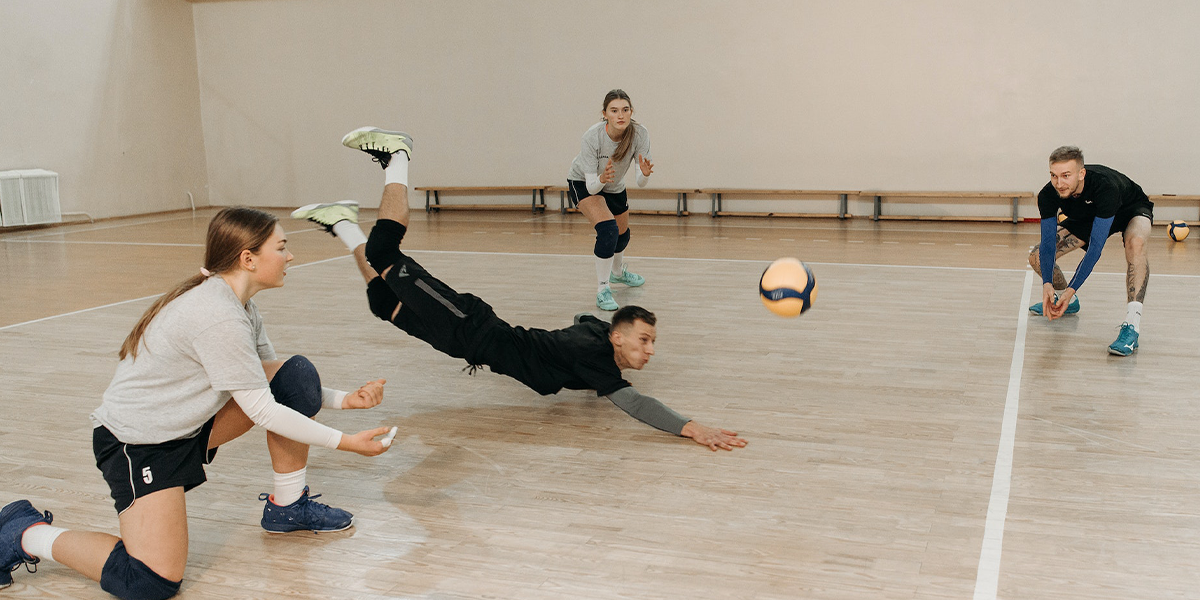School sport has long been known to be incredibly beneficial to youth.
Aside from the obvious physical benefits of staying active on the reg – like increased cardiovascular fitness, improved coordination and balance, healthy bone growth, reduced risk of obesity, cancer and diabetes – school sport is also great for mental, emotional and social health.
In fact, youth participation in sport is associated with lower rates of stress, anxiety, depression and substance abuse, while improving self-esteem, creativity and cognitive performance and increasing overall life satisfaction.
However.
The findings of an unprecedentedly huge study tracked the mental health and sports participation of more than 11,000 children aged between 9 and 13 in the United States appears to suggest that the benefits of sport participation among youth kinda depends on whether they play individual sports or team sports.
In fact, the study published in PLoS found that young people who play individual sports may actually be more susceptible to mental health problems such as anxiety, depression or problems with concentration than those that play team sports – or even youngsters who don’t participate in sports at all.
On the flip side, as Alex Fox explained for the Smithsonian, “youngsters who participated exclusively in team sports, on the other hand, were less likely to experience these issues than those who didn’t play any sport.
“Finally, the kids who dabbled in team and individual sports were no more or less likely than those who abstained from sport altogether to have mental health trouble.”
Bamboozled?
Us, too.
But before we get too ahead of ourselves and start discouraging our kids to get into swimming, athletics or tennis and the like, sports psychologist and lead author of the study Matt Hoffmann, who specialises in how sport impacts the psychological health of young people, says we shouldn’t jump to conclusions just yet.
While Hoffmann says he was surprised at the results due to the extensive science demonstrating the positive psychological and physical benefits of playing sports generally, the correlation between individual sports and negative psychological impacts isn’t yet clear.
“For example, it could be that children already predisposed to better mental health tend to gravitate towards team sports, or even that their parents tend to steer them that way,” Fox explained on behalf of Hoffmann.
“Or, it might be that individual sports are more prone than team sports to create situations where a child experiences acute anxiety about their performance or perhaps their appearance or body type.”
Hoffmann’s advice to parents whose Gen Z kids are into individual sports?






